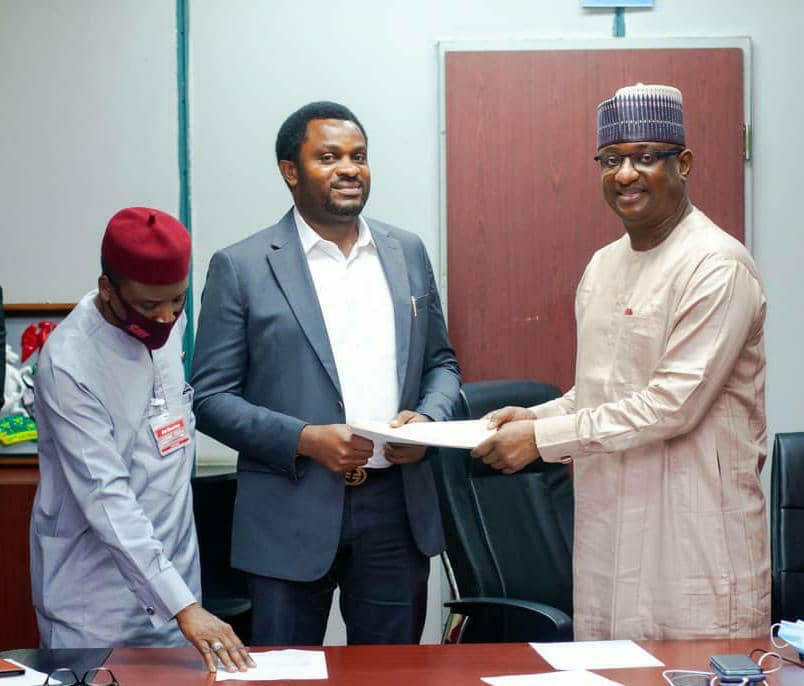Many financial sector pundits are beginning to query the rationale behind the acclaimed rising Nigeria’s external reserves which recently jumped by 15% in three months to hit new record $27.4bn.
In an interview with leading financial analyst, Dr. Ken Igboanugo, he called on the federal government to stop sharing money to companies in the name of growing Small and medium Enterprises (SMEs) when there is little or no ease of doing business infrastructure in the country.
He said “As the first Monetary Policy Committee (MPC) meeting of the Central Bank of Nigeria (CBN) winds up today (Tuesday), we are expecting amongst others that the rates will be recalibrated to encourage the manufacturing sector which had been in coma for too long”.
“If CBN attempts to maintain the rates as it did late last year, then the chances of recovering from the recession will be next two years because things are not going to be any better as the rates stood since last year.
“The essence of maintaining hyper external reserve helps to grow investors’ confidence, but in an economy that is supported with critical business and investment enabling infrastructures which we all know are lacking for too long. In fact, when I hear that reserve is growing and I look at the necessary indices that should grow side by side, they are retreating, one is forced to start questioning how the data is generated in the frost instance.
“With the volume of external reserves, I think this is time for the exchange rate to move away from flotation to pegging at a reasonable rate that will grow the real sector, not just import business.
Dr. Igboanugo added further that “Nigerians have suffered enough and only new rates that will support local economy and businesses is expected from the MPC meeting today”.
If the slowdown in foreign exchange allocation to forex markets by the CBN might have contributed to the reserves accretion, it then mean that we are only fouling ourselves with all the fat fund so acclaimed to be currently in the foreign reserve account.
Only weekend, the Federal Government announced that Nigeria’s external reserves have risen by 15 per cent in the past three months, the latest data from the Central Bank of Nigeria have shown.
According to the CBN, the foreign exchange reserves increased by $3.6bn from $23.8bn on October 19, 2016 to $27.4bn on January 19, 2017, the CBN data showed on Sunday.
The statistics also indicated that the balance in the reserves had increased by $1.6bn during the first 19 days of this year. The increase is estimated at 6.2 per cent.
The country’s external reserves, which have been increasing significantly in recent months, had risen to $27.3bn on January 17 after hitting $26.9bn on January 13.
Within a period of 11 days, the reserves increased by $1bn, rising from $26.3bn on January 6 to $27.3bn on January 17, according to the central bank’s statistics.
Similarly, the foreign exchange reserves jumped from $25.3bn on December 22, 2016 to $27.3bn on January 17.
Within a space of three days, the reserves rose by $300m from $26.2bn on January 6 to $26.5bn on January 9.
Between December 30, 2016 and January 12, 2017, the foreign exchange reserves rose from $25.8bn to $26.8bn, indicating an accretion of $1bn in two weeks.
Following the gradual increase in crude oil price and production output, the foreign exchange reserves have been rising steadily since November.
Currency and economic experts are not sure if the current accretion in the external reserves’ is sustainable amid a falling naira and acute shortage of dollar in the foreign exchange markets and the economy.
The CBN had spent $4bn from the nation’s external reserves to defend the local currency last year, despite the staggering fall in the value of the naira against the United States dollar and other major foreign currencies during the period.
The controversial defence of the naira by the CBN has come under severe criticism by economists, who believe forces of demand and supply should be allowed to determine the exchange rate of the naira.
The country’s reserves had recorded $23.89bn low on October 19. The reserves dropped by 15.9 per cent between 2015 and 2016
The reserves ended last year with $25.84bn on December 30, 2016.









